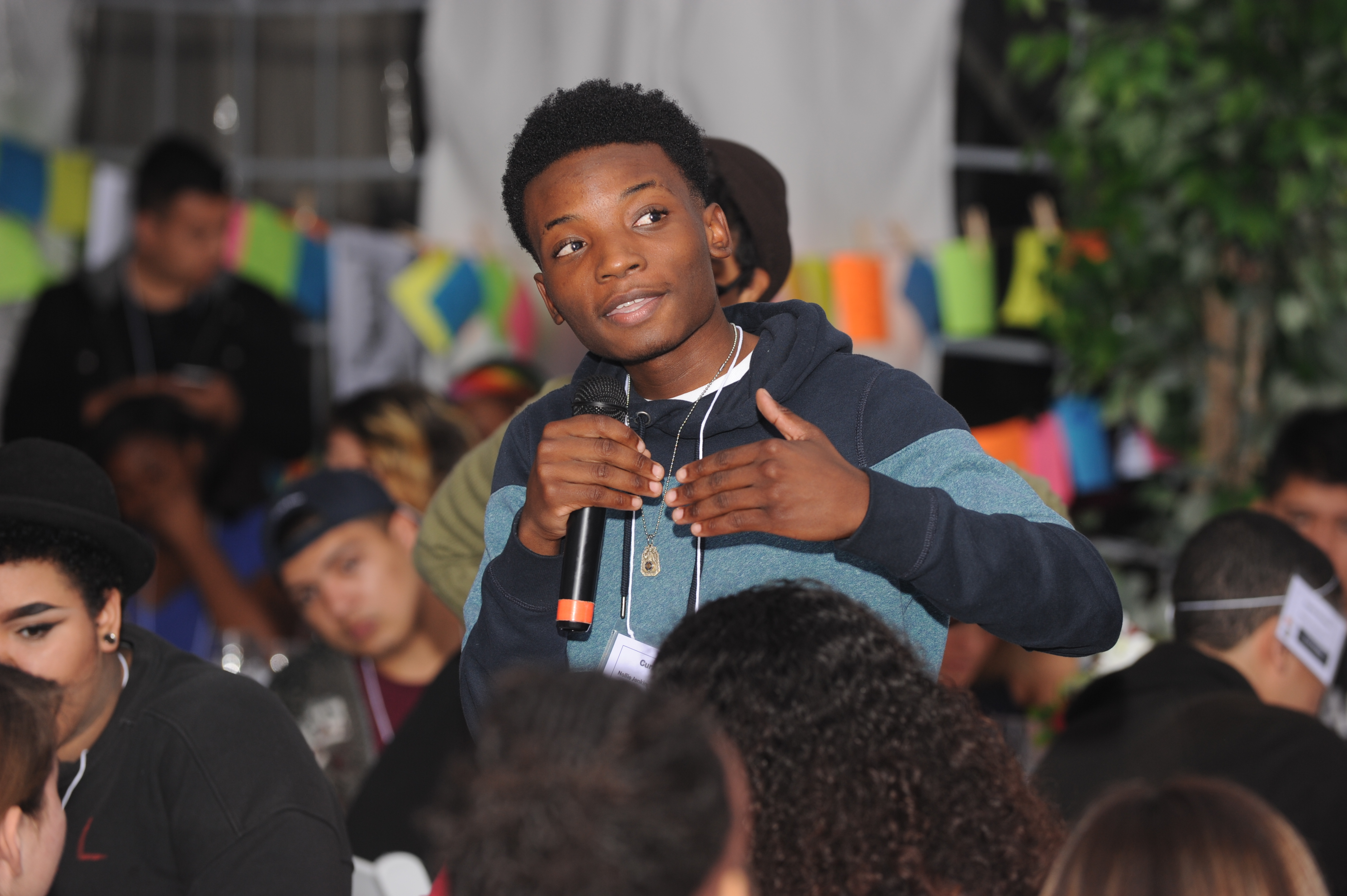RESOURCE
Transforming Young People and Communities: New Findings on the Impacts of Youth Organizing
In recent years, the number of youth organizing groups has grown considerably. The Funders’ Collaborative on Youth Organizing (FCYO) currently has data on more than 300 youth organizing groups located in 38 states, up from 180 groups identified in 2013. A majority of these youth organizing groups work with youth of color and youth from low-income backgrounds. Young people work on a wide array of campaigns that reflect their needs and concerns, including issues such as education, environmental justice, health, gender/sexuality, immigration, and criminal justice.
Across the country, youth organizers have scored important policy victories, such as advocating for greater access to college prep curricula and introducing restorative justice models to replace punitive school discipline policies. As the field of youth organizing expands, a growing body of research is illuminating our understanding of youth organizing and the myriad ways in which participation in organizing shapes the lives of young people. Emerging research shows that involvement in youth organizing contributes to the social-emotional and academic development of young people in powerful ways, while also promoting their civic and community engagement.
This report was written and researched by Seema Shah, Will Buford and Eric Braxton. A special thank you to Rod Watts, Ben Kirshner, Rashida Govan, Veronica Terriquez and Seema Shah for their support in developing the research that this report is based on, and to Lori Bezahler, Albert Maldonado for their support and guidance. FCYO would like to thank the funders who supported this project and much of the research that is explored herein: The Atlantic Philanthropies, The California Endowment, The Cricket Island Foundation and The Edward W. Hazen Foundation.
Key Findings
- Youth organizing engages young people in building power for social change, and uses a distinct set of culturally and contextually resonant practices to build youth leadership within a safe and supportive environment.
- Through a specific and unique set of practices, youth organizing supports the holistic development of young people and reaches young people who are often at the margins of society, including youth from low income backgrounds, youth of color, LGBTQ youth, and undocumented and immigrant youth.
- New research links youth organizing to positive social emotional learning competencies and stronger academic outcomes. Coupled with data showing that youth involvement in organizing fosters deep and lasting civic and community engagement, and participation in democracy, there is growing support for the efficacy of youth organizing.
- The research linking youth organizing practices to the development of core social-emotional learning competencies is especially noteworthy, given the importance of social-emotional learning competencies to academic and professional success.
Key Recommendations
- Invest in youth organizing as a fundamental piece of a successful youth development strategy
- Invest in approaches that connect individual and community transformation
- Expand conceptual frameworks on youth development to incorporate aspects of youth organizing as essential components
- Focus support on the groups committed to aligning their work with recognized best practices in youth organizing



